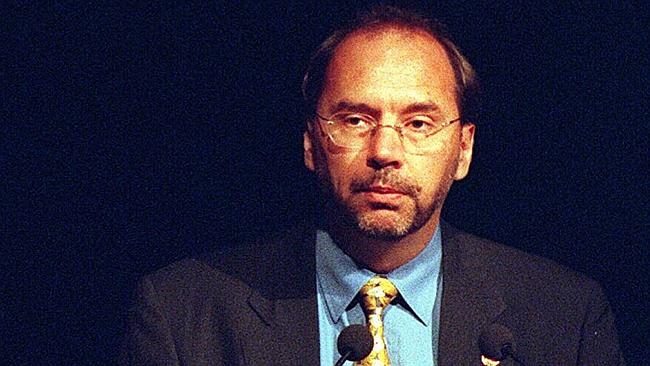
PETER Piot, the Belgian scientist who co-discovered the Ebola virus in 1976, on Tuesday said a “perfect storm” in West Africa had given the disease a chance to spread unchecked.
“We have never seen an (Ebola) epidemic on this scale,” Piot was quoted by the French daily paper Liberation as saying.
“In the last six months, we have been witnessing what can be described as a ‘perfect storm’ — everything is there for it to snowball,” he said.
The epidemic “is exploding in countries where health services are not functioning, ravaged by decades of civil war.”
“In addition, the public is deeply suspicious of the authorities. Trust must be restored. Nothing can be done in an epidemic like Ebola if there is no trust.” Piot is former chief of the UN agency UNAIDS and now director of the London School of Hygiene and Tropical Medicine, one of the world’s foremost centres of expertise on tropical disease.
In the interview, he also castigated “the extraordinary slowness” of international organisations in responding to the outbreak.
“The World Health Organization (WHO) only woke up in July,” whereas the epidemic began in December last year and health experts sounded the alarm in early March, said Piot.
“There is now leadership but it is late,” he said.
The epidemic has killed 1,427 people out of more than 2,600 known cases of infection, with doctors and nurses paying a particularly heavy price.
The epidemic is focused on Liberia and Sierra Leone, which were wracked by conflict in the 1990s and the early part of the last decade, and on neighbouring Guinea.
Other cases have been recorded in Nigeria, whose north is hit by unrest, and in the Democratic Republic of Congo, whose east is in the grip of a decades-old conflict and where Ebola was first identified in 1976.
DRC Health Minister Felix Kabanga Numbi last Sunday said that the country’s seventh recorded Ebola outbreak had “no link to (the epidemic) in west Africa”.
